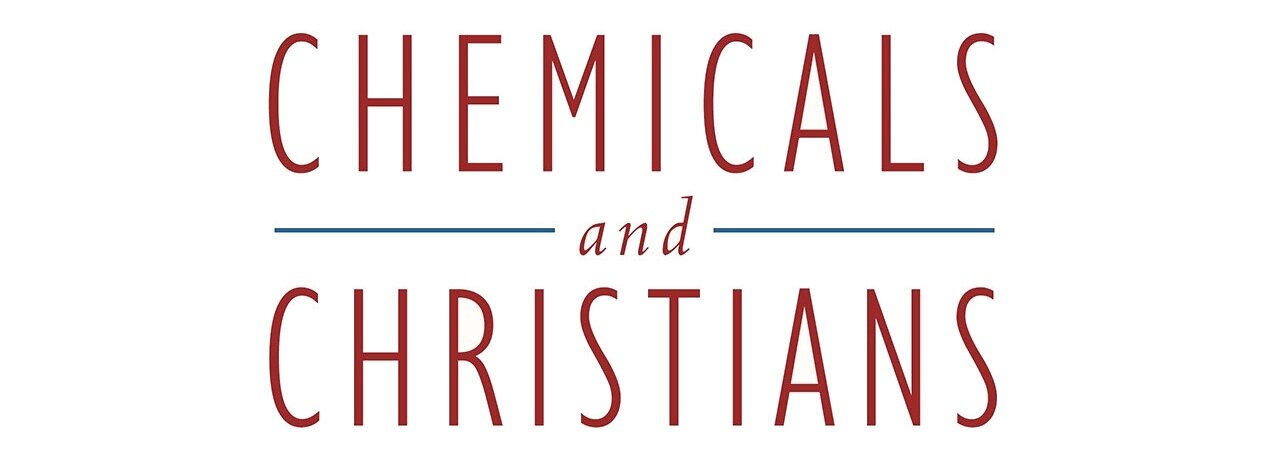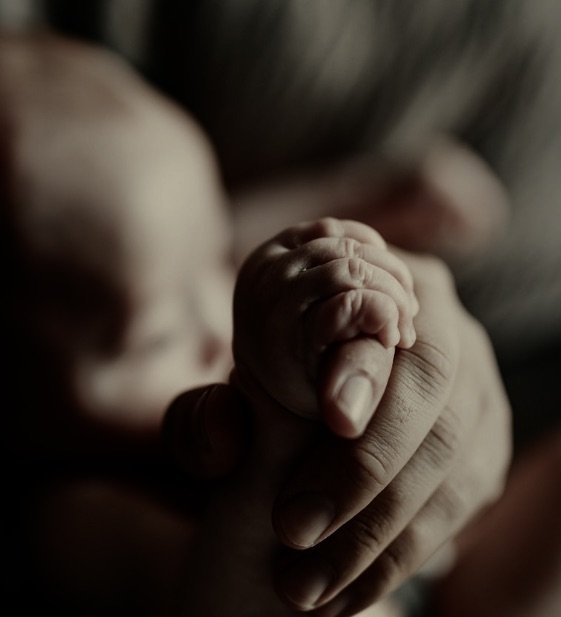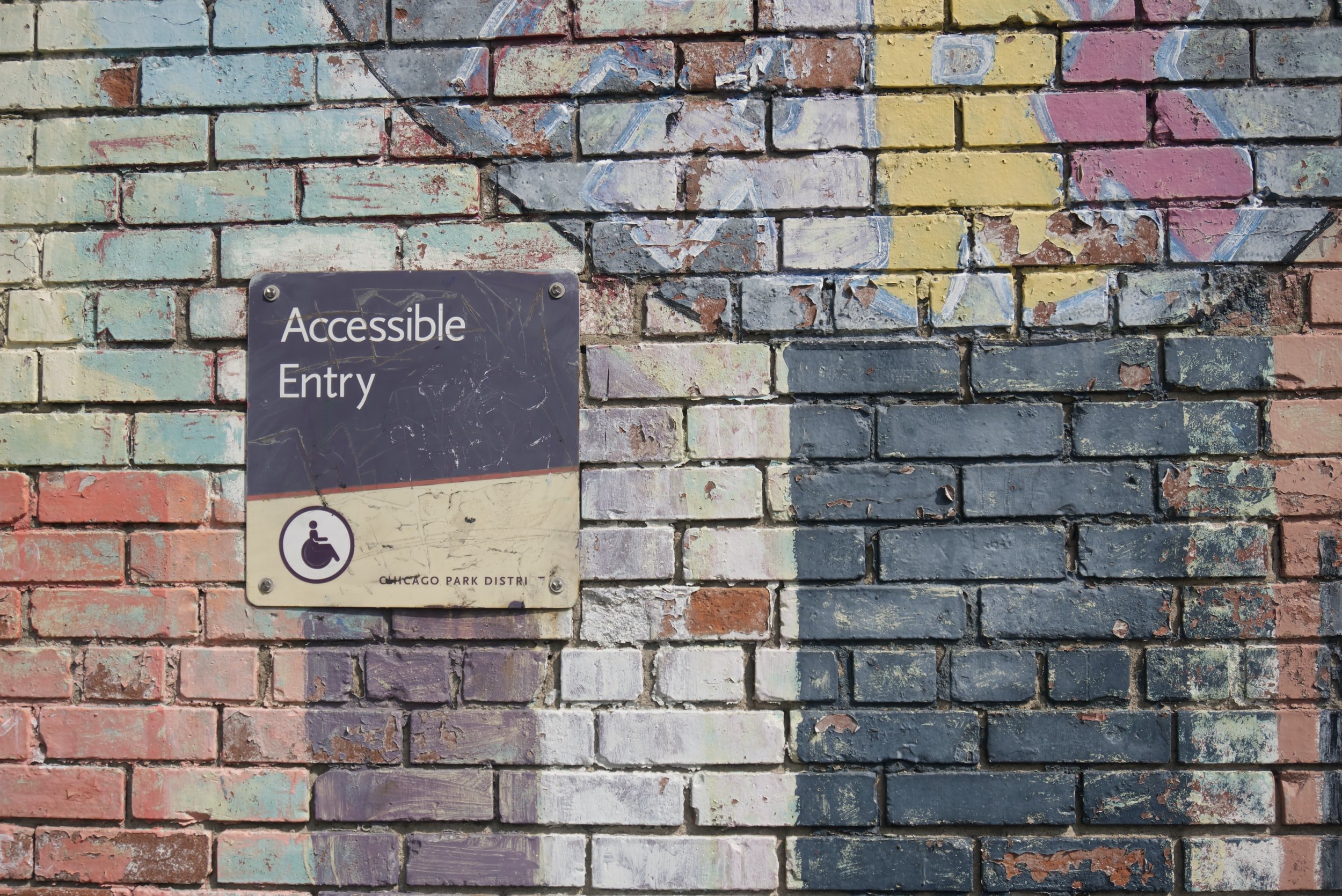Because the New York Times opinion piece was behind a paywall, I wasn’t able to read it until Saturday, when a friend with a subscription shared it. As a result, I’m a little late to this conversation. On the positive side, the delay has given time for plenty of other people to say important things that I can quote.
First, here’s a brief synopsis of the argument Warren gives for dropping online services. She says that dropping the online option is “the way to love God and our neighbors” because our bodies “are part of our deepest humanity, not obstacles to be transcended through digitization.” She believes that online worship diminishes us as people because only in-person gatherings let us worship with our whole heart, soul, mind, and strength. She doesn’t think having both online and in-person options is appropriate, because “offering church online implicitly makes embodiment elective.”
Warren did address the illness/disability question. She said, “No longer offering a streaming option will unfortunately mean that those who are homebound or sick will not be able to participate in a service. This, however, is not a new problem for the church. For centuries, churches have handled this inevitability by visiting these people at home in person.”
I have many, many thoughts about what she has to say. Here are a few of them.
1. When Warren asserts that dropping the online option is the way to love God and our neighbors, the question that comes to mind is the same one that the law expert asked Jesus in Luke 10:29: “Who is my neighbor?” The parable of the Good Samaritan, which followed the question, contained an account of religious leaders who ignored someone with a wounded body. They evidently didn’t consider him a neighbor, so the instruction to “love your neighbor as yourself” was one they could comfortably ignore. Am I your neighbor? Restricting my access to corporate worship is certainly not the way to love me.
I also truly fail to see how shutting people out is somehow the way to love God. Matthew 25:40 tells us a good way to do that. “The King will reply, ‘Truly I tell you, whatever you did for one of the least of these brothers and sisters of mine, you did for me.’”
2. When Warren says that bodies “are not obstacles to be transcended through digitization” I wonder if she believes in trying to transcend our physical limits at all. Should we stop praying when we’re hungry or sleepy? Should we stop singing praise songs when we have an itchy mosquito bite? We find ways to transcend the challenges of our bodies all the time. Transcending is a good thing. If my body won’t let me in your church building (or, said another way, you won’t let me in by not making your building accessible), give me an online option so I can transcend.
3. Worshipping with our whole heart, soul, mind and strength looks different to people with varying levels of physical health. When I worship from home, I AM worshipping with all my strength. My physical limitations and need for online access don’t “diminish” me and my online presence doesn’t somehow weaken the church.
4. The idea that offering an online option makes in-person worship an elective only applies to people for whom it was already an elective before the online option arose. It was impossible for me to attend in person before online options came to be and it will be impossible if online options go away.
5. No, the fact that there are people who are homebound isn’t a new problem, but we have new solutions, and when they’re already in place, it seems foolish (and greatly lacking in compassion) to remove them. I also take issue with the assumption that churches have met the needs of the disabled and chronically ill population by visiting people at home. There’s so much I could say on the topic, but I’ll simply note that only a tiny percentage of homebound Christians I know get any sort of in-person visit, and even when they do, they would still like to hear the sermon. Also, how do you reach new people? How do you identify the homebound who are shut out of your church?
6. A few months ago I read Warren’s book “Prayer in the Night.” In it, she talks about the vulnerability of joy — the idea that even in joyful moments, there can be a sense of melancholy because we feel their impermanence. I felt the vulnerability of joy when churches began to digitally open their doors to those of us who’ve been shut out. It’s ironic and sad that Warren is now advocating for making a joyful reality unnecessarily impermanent.
Other Voices
These are some of the things I’ve read in response to Warren’s piece that I think are worth sharing.
***
A Baptist News article quotes pastor Marc Schelske who said that after going online “it only took a few weeks to learn that we were doing something we should have done years ago. . . . The view of embodied worship on display in the op-ed is only one that works for able-bodied people with weekends off work. There’s just no way around that. I love gathered worship. I love the comfortable practices and traditions I’m used to. But the pandemic has made it clear that those comfortable practices were also exclusionary, and I’m convinced that following Jesus must lead us toward hospitality and inclusion.”
***
A Religion Dispatches article entitled Ending Zoom church is a great idea for a column – provided you completely ignore the disability perspective includes some important insight from disability advocate Samir Knego. He says, “There’s something deeply condescending and ableist about the idea that proponents of online church options don’t believe or understand that ‘bodies . . . are part of our deepest humanity, not obstacles to be transcended through digitization.’ Bodies that require assistance are still bodies.”
Knego also notes that he’s not surprised at the idea that people with physical challenges should be relegated to “an apparently inferior level of engagement with worship.” He says the idea “frames disabled parishioners as the objects of charity rather than allowing us to attend church on our own terms.”
“Disabled people are so rarely believed to have spiritual insight in our own right,” he adds. “At best, we’re an example for nondisabled people to learn from, or feel happy that they aren’t like us. . . . . If you don’t think—or care—that disabled people are part of your community, then perhaps it’s not surprising that you won’t feel the need to include or consider us.”
***
A Religion News article entitled “Streaming online has been a boon for churches, a godsend for isolated” quotes from a Texas A&M report which found that “with the shift online, churches were shocked to discover the ways that an online service can become a wide-reaching net.” The article also reports on a study of the pandemic approach of 2,700 congregations from 38 denominations which found that “churches with a hybrid approach — with both in-person and online services — saw reported worship attendance growing by 4.5%. Churches that only met in person saw attendance decline by 15.7%.”
***
From a Sojourners article by Melissa Florer-Bixler:
“I care deeply about the embodied experience of people physically distant from the place where some of us gather for in-person worship. The people who utilize Zoom worship do, too. They would love to be near children running across the sanctuary and to feel the bass line hum in the air. They would prefer if dementia, Parkinson’s disease, and compromised immune systems didn’t keep them from pressing their palm into the hand of another or bringing a piece of bread from a common loaf to their lips.”











